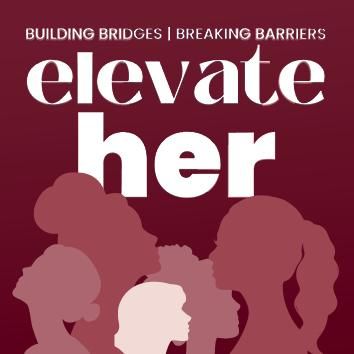Teen girls chart bold vision for South Africa’s leadership and social change

The Ruta Sechaba Foundation’s Women’s Month 2025 campaign, “Future Her: Leading Before the World is Ready,” has captured the ambitions of South Africa’s next generation of women leaders.
A survey of 200 female learners across Curro schools found that by 2050, they believe leadership in society will be overwhelmingly female – and that their top priorities will include tackling gender-based violence (GBV), rooting out corruption, and ensuring equality in leadership and pay.
Although still in their teens, the girls – aged 14 to 18 – are clear-eyed about the challenges they want to solve. Respondents repeatedly pointed to crime, poor education access, and the lack of accountability in government as barriers they expect to change in their lifetime.
Ruta Sechaba Foundation (RSF) spokesperson Natasha Mkhize said the findings show the determination of South Africa’s future leaders. “Ninety percent of the girls surveyed believe females will lead more than males by the time they are adults. This is incredibly powerful and visionary,” she said.
“This survey provides a critical insight for current leadership – in government, business, and society – to listen to and invest in young girls now,” Mkhize added.
Among the learners’ visions for 2050 were financial literacy for all, an end to poverty, better mental health support, energy security, and a cleaner environment.
Key findings of the survey included:
-
Reducing GBV, kidnappings, and violent crime
-
Gender equality in leadership, pay, and opportunity
-
Tackling corruption and ensuring government accountability
-
Equal access to quality education
-
Economic stability and job creation
-
Climate change action and renewable energy adoption
Mkhize said the learners defined leadership in terms of confidence, resilience, empathy, and uplifting others. “What came out so clearly is their desire to be taken seriously now, not ‘someday when older’,” she said.
The RSF – a non-profit that identifies and places learners from underprivileged backgrounds at Curro schools – said the campaign aims to highlight the voices of the next generation of female leaders and ensure they are part of shaping policy and society.
“We would do well to listen to them, because these young women are determined to be part of shaping their own futures now,” Mkhize said.
Source link
